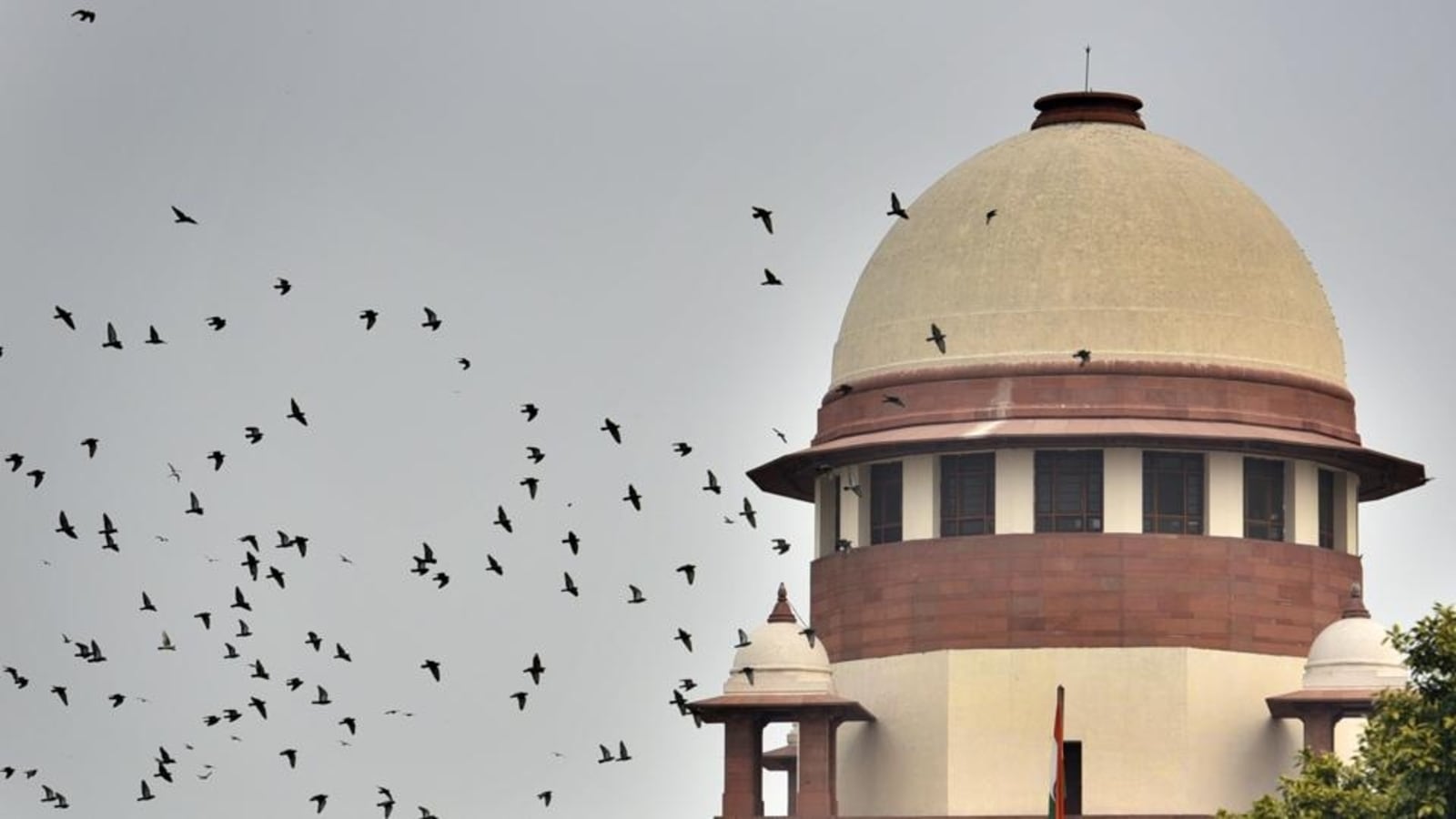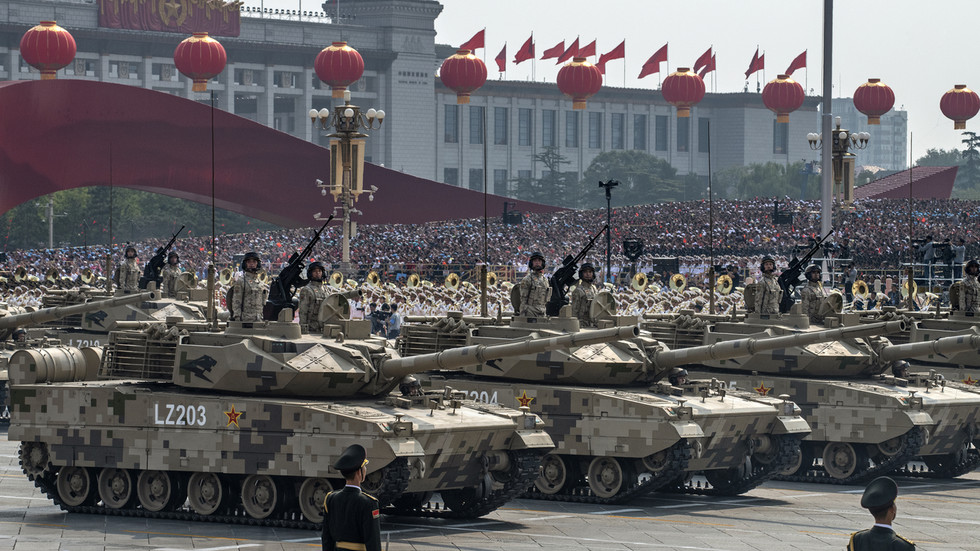The political situation in Pakistan has been in a tailspin since April, when Imran Khan, the incumbent prime minister (PM), lost a no-confidence motion. Three recent events have ratcheted up tensions and unpredictability even further. Underlying these events is the question of whether the incumbent army chief, General Qamar Bajwa, will retire on schedule on November 29, and if he does, the identity of the new army chief.
The first event was the October 21 decision of the Election Commission of Pakistan (ECP) in the Toshakhana case (the department that is the repository of gifts given by foreign dignitaries) disqualifying Imran Khan as a member of the current Parliament. The ECP sentence was based on Khan’s alleged failure to declare the proceeds of the sale of gifts he received from foreign dignitaries as PM. He was, perhaps, the only leader to sell them at a handsome profit after buying them cheaply from the Toshakhana.
The second is Khan’s long march launched on October 28. Having been pampered by the army for over a decade and brought to power through their political engineering in 2018, Khan’s ego has not been able to accept his democratic removal from power. Khan has always touted a long march as his trump card to ratchet up enough political pressure to force the government to call for early elections and postpone the appointment of a new army chief till after the elections. He, of course, hopes to win and be the one to appoint the new army chief. The long march was scheduled to reach Islamabad on November 4, but was delayed to enable Khan to buy time and strike a deal or a face-saving exit.
The third was the presence of lieutenant-general (LG) Nadeem Anjum, director-general (DG) of Inter-Service Intelligence at LG Babar Iftikhar, DG Inter-Services Public Relations (ISPR)’s press conference on October 27. This was exceptional; it was a show of institutional unity and a rejoinder to Khan’s months-long campaign denigrating the top echelons of the army. Till then, the army had kept its powder dry and not reacted to Khan’s vicious allegations and innuendoes, damaging though they were to its reputation. It was when Khan started pointing fingers at the army over the killing of journalist Arshad Sharif in Kenya that it reacted.
The key point made by the DG-ISI was Khan’s doublespeak — late-night meetings and attempts to win back the support of the army chief by offering him an indefinite extension, but abusing him during the day. On the Arshad Sharif murder, it was revealed that he left due to a threat letter issued by the Khyber Pakhtunkhwa government and at the prompting of Khan. It was also underlined that Khan’s narrative about a United States (US) conspiracy behind his removal was “baseless and unfounded”.
Ominously, Anjum stated, in a thinly-veiled reference to Khan, that when politics was done based on hate, it weakened “the foundations of society and the State” and the same was the reason for Pakistan’s dismemberment. He warned that if the long march did not remain peaceful, and if there were any threats to the country, then the army would intervene. He also reiterated that the army decided to stay out of politics and there was a consensus in the army on this issue.
The upshot of the presser was that the earlier narrative of the army being on the same page with Imran Khan had given way to one about a level-playing field, much to the dismay and detriment of Khan who wanted the army to be political but intervene on his side. It was also an attempt to restore the mystique and public image of the army that was badly dented by Khan’s venomous attacks.
Khan’s marches and sit-ins in the past — in 2014 and in May 2022 — have not succeeded in achieving their objectives. It is unlikely that they will do so this time either. A basic flaw in the long-march strategy is that irrespective of the number of people in the march, there is no way the government can be forced to call an early election.
If Khan does not back down, there could be confrontation and violence. If violence escalates out of control, the army could well decide that enough was enough. As Ayub Khan told his son Gohar Ayub: If the army chief decides on a coup, only God above can prevent him. Hence, the possibility of martial law cannot be ruled out, in which case Khan will be the biggest loser. Of course, the gunfire at Khan’s rally on Thursday and his bullet injury may impact these eventualities, but it is too early to determine how this event will shape the country’s politics.
The Pakistan Tehreek-e-Insaf (PTI) has admitted to backchannel contacts with the army and the government on the issue of the new army chief and early elections. For the moment, however, the government seems quite determined that it will complete its constitutional term as well as appoint the new army chief.
As it has several times in its chequered history, Pakistan stands at a critical moment. Despite the devastation caused by the floods, a struggling economy and the severe polarisation in the country caused by the personal ambitions of Khan, political antics will dominate. As a result, the situation is likely to deteriorate going forward, impacting internal stability and governance.
Tilak Devasher is Member, National Security Advisory Board
The views expressed are personal















